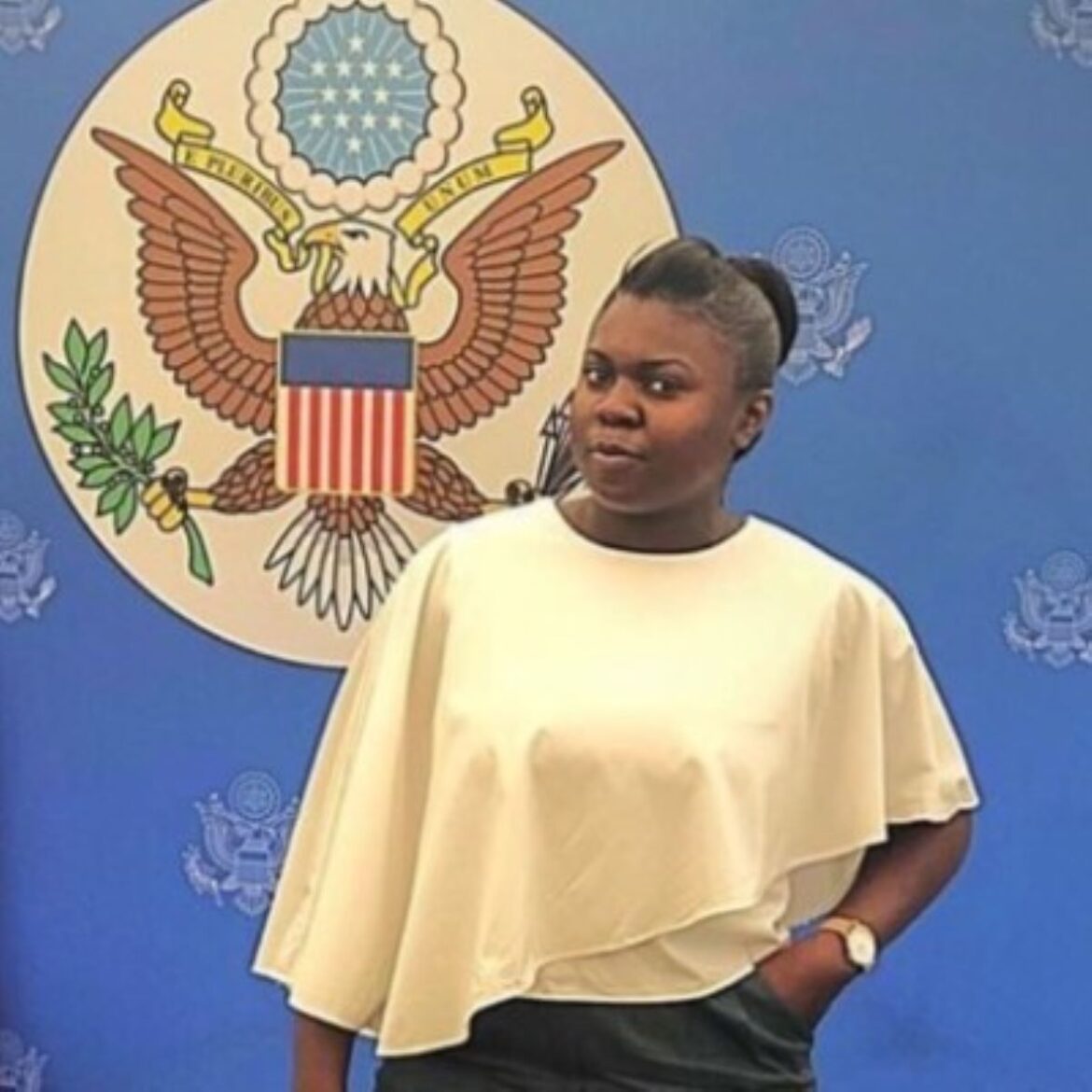The global honey market was projected to hit $12 billion in 2015. For sub-Saharan African communities, the potential of bee farming becoming a profitable conservation approach has risen, making bee farming a lucrative field. However, many African countries need more knowledge and skill to preserve the resources that could help them tap into the hidden treasures of honey. As such, African forests remain threatened by unhealthy deforestation practices. In light of this, Siphiwe Lukama, a brilliant entrepreneur in the apiculture sector, has set up a profitable apiculture establishment to tap into the prospect of bee farming in her region. As the founder of Kasenga Agro Solutions, Siphiwe continues to train women in beekeeping techniques, forest management, honey production, and financial literacy.
Siphiwe Lukama grew up on a farm with a beehive. She was fascinated by the bees swarming around and how they produced sweet and healthy honey. This fascination led her to establish Kasenga Agro Solution in 2020, a sustainable beekeeping and honey production business. Lukama wanted to engage in bee farming and honey production and aimed to empower women economically and protect biodiversity. She started training rural women in beekeeping, allowing them to earn money while promoting environmental conservation in their community. Siphiwes’ ultimate goal is to preserve natural habitats and enhance the lives of bees for future generations.
Founding of Kasenga Agro Solutions
Siphiwe Lukama graduated from the Academy for Women Entrepreneurs (AWE) program in 2020 and was awarded a $25,000 grant from USADF.
Brimming with her passion for farms and beehives, she used the funds to establish Kasenga Agro Solutions. Additionally, she organized training programs for local women, acquired 110 beehives, and secured the necessary resources to launch her honey production business. By March 2021, she had already overseen the graduation of the first group of female outgrowers who were well-trained in forest management, beekeeping, harvesting, and financial literacy.
Subsequently, Kasenga Agro Solutions trained a second batch of 50 women. Shortly after, they branded their honey products and expanded their workforce by hiring more women from their training program. With more staff, the business increased its honey production to 400 bottles per week, resulting in a profit of $11,865. They estimated a 66% increase for the following year. By 2022, their products were being distributed to five stores in Lusaka.
Over the past five years, Kasenga has significantly contributed to the apicultural industry. Through its training programs, Siphiwe has empowered local farmers, especially women, to build a profitable income stream for themselves. The company has also created job opportunities, positively impacting the communities it serves. One thing Siphiwes’ apicultural establishment believes in is promoting environmental conservation. To do this, it takes careful measures to ensure its bee farming practices support biodiversity. Lukama is not just growing bees and producing honey through Kasenga Agro Solutions.
She has used her love for farming, bees, and honey to create employment opportunities and lift Zambians out of poverty in her community.



